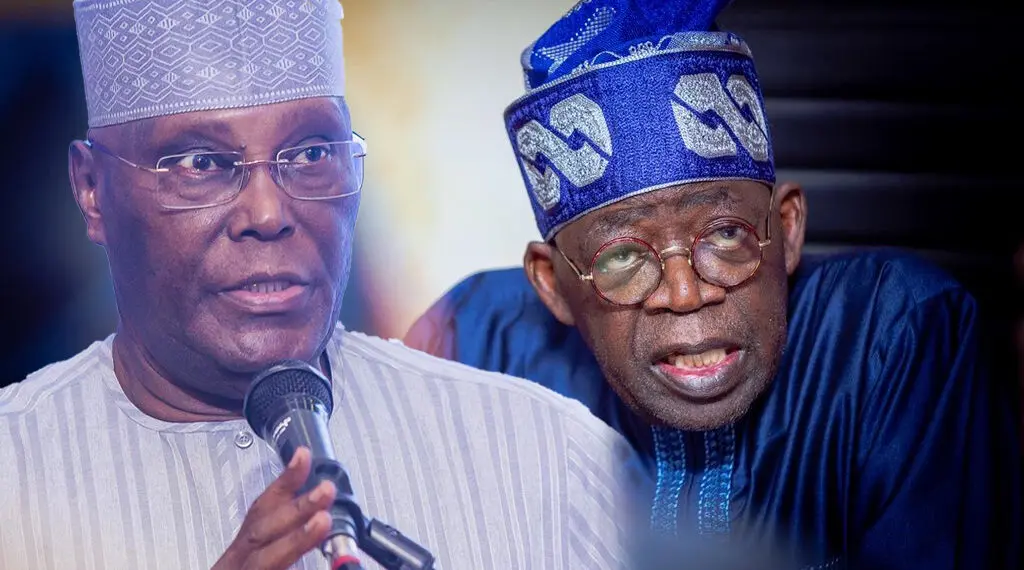The Nigerian presidency announced that the N5.4 trillion saved from removing fuel subsidies will be strategically invested in infrastructure projects and social welfare programs to improve the lives of Nigerians. This comes as President Bola Tinubu’s administration faces criticism over its economic policies, particularly from former Vice President Atiku Abubakar.
Bayo Onanuga, special adviser to President Tinubu on information and strategy, responded to Atiku’s comments by dismissing the former vice president’s policy recommendations as “outdated and unrealistic.” He argued that Atiku’s proposals reveal a misunderstanding of the depth of Nigeria’s economic decay, which Tinubu’s administration inherited and is actively addressing.
Onanuga highlighted that, since 1978, Nigeria has adjusted petrol prices 22 times without fully removing the subsidy. This approach, he said, benefited only a select few and placed an undue burden on the economy. “The subsidy system drove the country into severe economic disarray,” Onanuga stated, adding that fuel prices remained artificially low despite the government spending trillions to keep them that way.
Onanuga criticized Atiku’s remarks as “hare-brained propositions” lacking practical alternatives. He argued that Atiku should acknowledge the scale of economic mismanagement under previous administrations, including the staggering subsidy costs that exceeded oil revenue.
According to Onanuga, the N5.4 trillion expected in subsidy savings for 2024 will be channeled into development projects benefiting all tiers of government. These funds are set to elevate living standards by boosting social interventions and enhancing infrastructure across Nigeria. The Tinubu administration, he added, has already seen increased revenue generation, which has allowed states to raise minimum wages to between N70,000 and N85,000 for their workers.
Read also: Stop discrediting made in Nigeria products, bizman warns
Atiku’s suggestion to privatize Nigeria’s refineries, Onanuga argued, shows a lack of originality, pointing to past offers that valued the refineries as scrap. In 2007, investors offered only $160 million for a majority stake in the Port Harcourt Refinery and $102 million for the Kaduna Refinery, sums deemed inadequate by the late President Umar Musa Yar’Adua.
Addressing Atiku’s accusations of corruption within the Nigerian National Petroleum Corporation (NNPC), Onanuga highlighted that the subsidy system had historically been a primary source of corruption. Removing it, he noted, eliminated a significant corruption incentive and marked a new direction for transparency in Nigeria’s oil sector.
Onanuga also called Atiku’s “What We Would Have Done Differently” proposal irrelevant, noting that it had already been rejected in the 2023 election. He urged the former vice president to accept that repackaging these ideas will not solve the country’s issues, given the economic challenges inherited by the Tinubu administration from previous governments.






